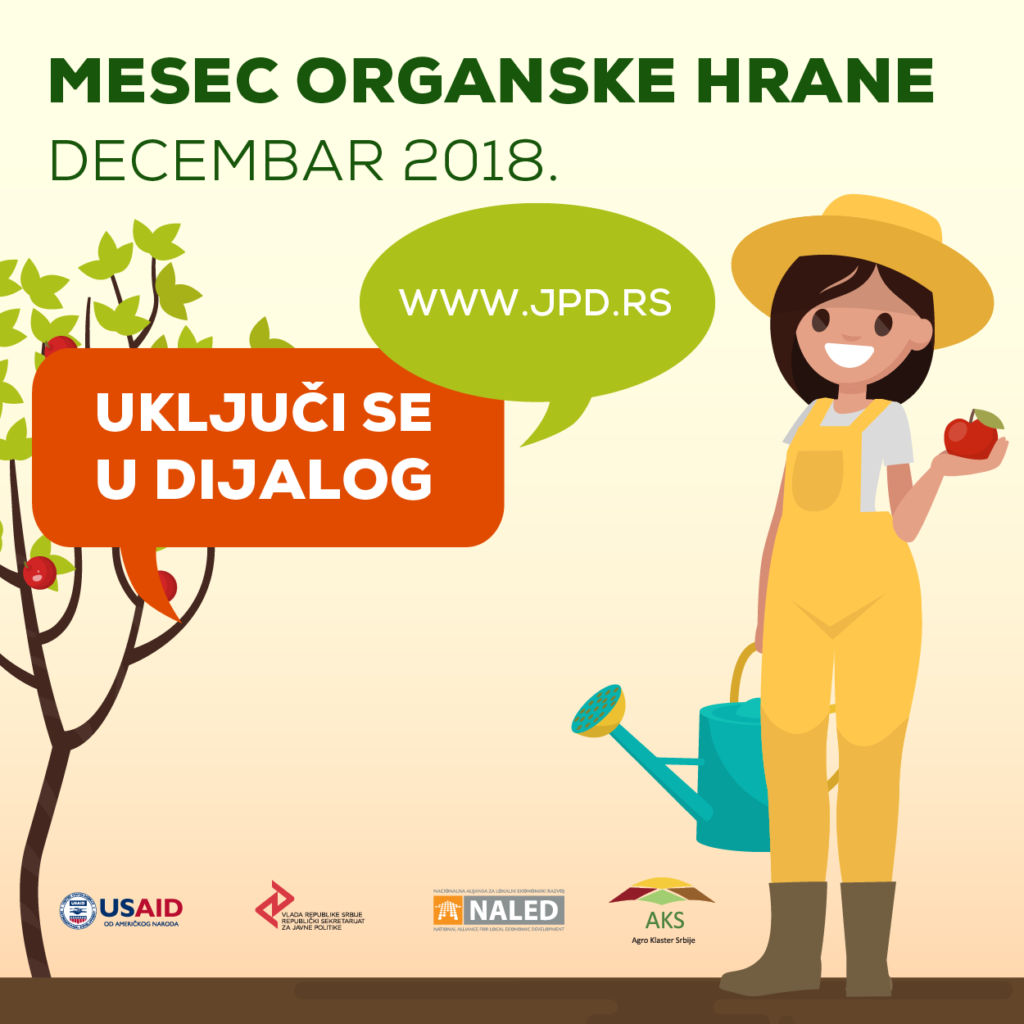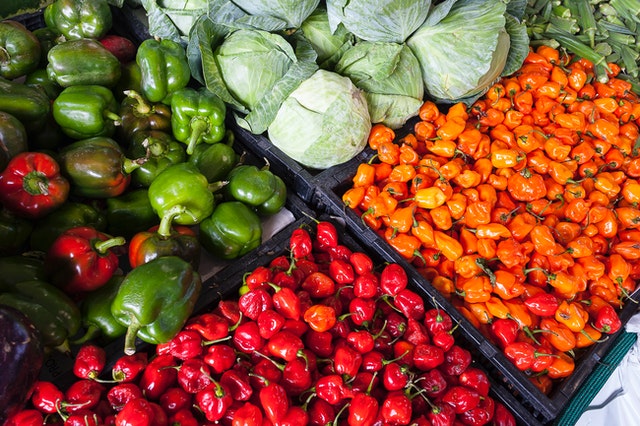
The importance of PPD for economic development
The experience and knowledge of the private sector regarding the implementation of regulations in Serbia, good practices and legal solutions that exist in more developed countries can be of great help to public administration when designing reforms to improve the investment climate. Early involvement of businesses and business associations in drafting legislation ensures their later application in practice. Along with strengthening trust between state institutions and the economy, public-private dialogue contributes to the legitimacy, transparency and predictability of the legislative decision-making process.
40
%Of public sector representatives say there is no one in charge of communication with businesses in their institution
58
%Of public sector representatives think regulations would be significantly better if they consulted the businesses
60
%Of businesses negatively assess the quality of PPD, the same number says they aren’t member of any association
75
%Of businesses did not participate in any consultations about drafting regulations in the last 12 months




